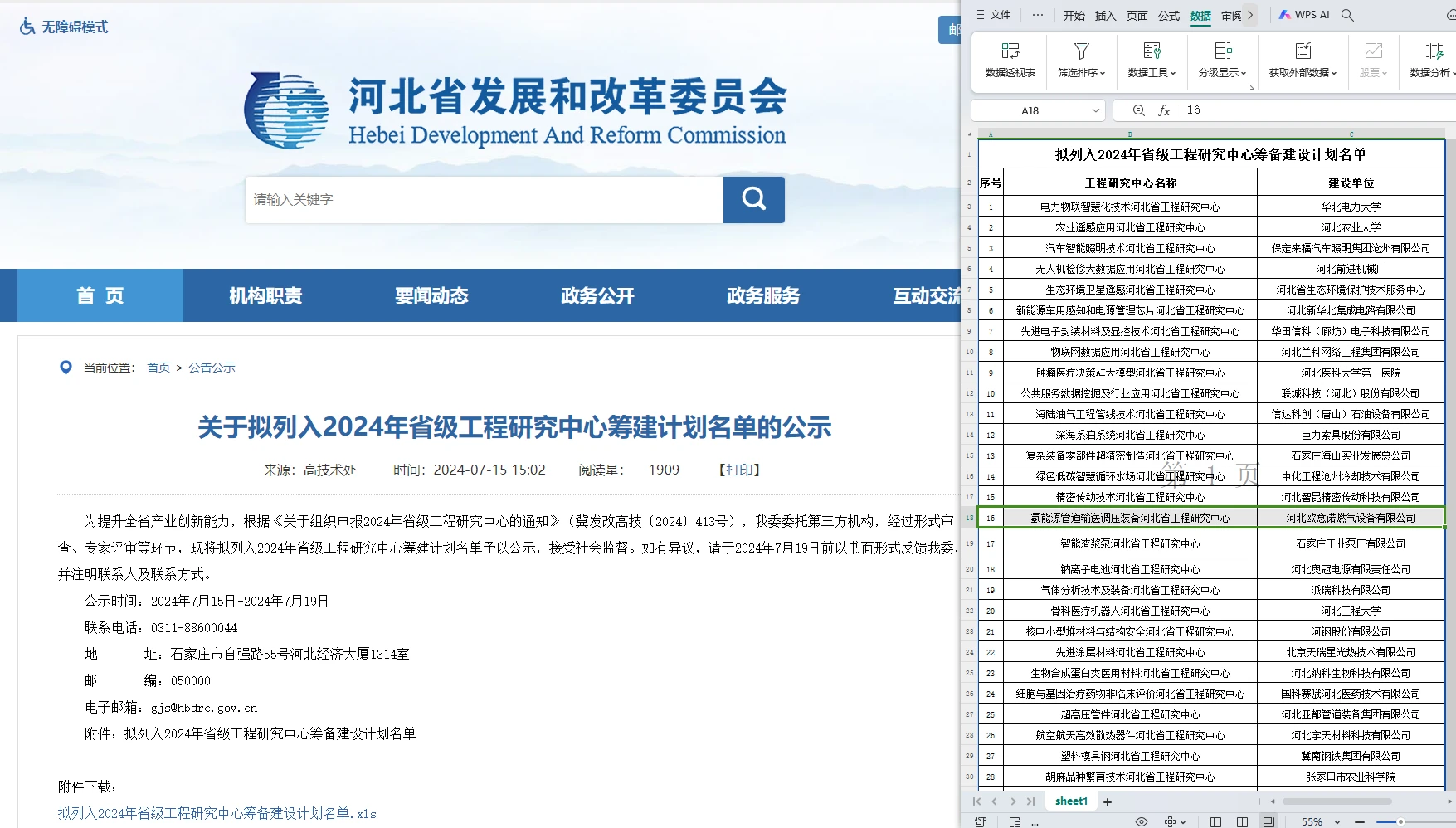
12 月 . 04, 2024 09:23
Back to list
Gas Filtration Solutions Using Coalescer Technology for Enhanced Purification
Understanding Gas Coalescer Filters A Comprehensive Overview
In industrial processes, the efficient separation of gas and liquid phases is critical for optimal performance and environmental compliance. A gas coalescer filter plays an essential role in achieving this separation by removing liquid water and particulates from gas streams. This article will explore the working principles, benefits, applications, and maintenance aspects of gas coalescer filters.
What is a Gas Coalescer Filter?
At its core, a gas coalescer filter is designed to remove contaminants from a gas stream, primarily focusing on moisture and particulate matter. The term coalescer refers to the mechanism through which tiny liquid droplets merge to form larger droplets that can be more easily removed from the gas flow. This is particularly important in processes involving natural gas, compressed air systems, and other gaseous products, where the presence of liquid contaminants can lead to equipment malfunction, product quality issues, and increased emissions.
The design of a gas coalescer filter typically includes a series of media that facilitate the coalescing process. These media can be made from various materials, including fibrous elements, mesh screens, and specialized coatings that promote droplet formation. As the gas travels through the filter, smaller droplets collide with each other, eventually forming larger droplets that are subsequently separated from the gas stream.
The Working Principle
The operational effectiveness of a gas coalescer filter is rooted in its ability to influence the behavior of liquid droplets within a gas stream. Initially, the gas flows through pre-filtration layers that trap larger particles. The coalescing media then promotes the merging of smaller droplets, significantly increasing their size. Due to gravity or other separation methods, these larger droplets are drawn downwards and collected in a sump at the bottom of the filter.
One key aspect of gas coalescers is their ability to operate effectively across a range of flow rates and conditions. They can be installed in various configurations depending on the application, including vertical or horizontal setups. Moreover, some models incorporate additional features, such as demisters or pre-filters, to enhance their performance further.
Benefits of Gas Coalescer Filters
gas coalescer filter

1. Improved Gas Quality By removing moisture and particulates, gas coalescer filters ensure a cleaner gas product, which is crucial for compliance with environmental regulations and for safeguarding downstream processes.
2. Equipment Protection Contaminants in the gas stream can lead to corrosion and erosion in equipment. By installing a gas coalescer filter, industries can prolong the lifespan of compressors, turbines, and other critical machinery.
3. Energy Efficiency When moisture is removed from gas systems, energy consumption is reduced, leading to lower operational costs. This efficiency can significantly impact a facility's overall energy footprint and sustainability goals.
4. Enhanced Safety In many applications, such as natural gas processing, the presence of water can create hazardous conditions. Gas coalescer filters help mitigate these risks, ensuring workplace safety.
Applications
Gas coalescer filters find applications across various industries, including oil and gas, manufacturing, power generation, and food processing. In the natural gas sector, they are essential for purifying gas before it enters pipelines. In compressed air systems, these filters are crucial for maintaining air quality in pneumatic equipment.
Maintenance and Considerations
To ensure the continued effectiveness of gas coalescer filters, regular maintenance is necessary. This includes monitoring pressure drops across the filter, which can indicate clogging or a need for media replacement. Additionally, operators need to ensure that the collected liquids are properly drained to prevent flooding within the system.
In conclusion, gas coalescer filters are a vital component in maintaining the purity and performance of gas streams in various industrial applications. By effectively removing moisture and contaminants, these filters not only enhance product quality and equipment longevity but also contribute to safer and more efficient operations. As industries continuously strive for better performance and environmental compliance, the importance of gas coalescer filters will only continue to grow.
Latest news
-
Unlocking The Quality Gas Pressure ReducersNewsNov.01,2024
-
The Role of Gas Pressure Reducing StationsNewsNov.01,2024
-
The Importance and Functionality of Safety Relief ValvesNewsNov.01,2024
-
The Essential Role of Safety Valves in Natural Gas ApplicationsNewsNov.01,2024
-
The Essential Role of Gas Pressure RegulatorsNewsNov.01,2024
-
Enhance Your Premium Gas FiltersNewsNov.01,2024

